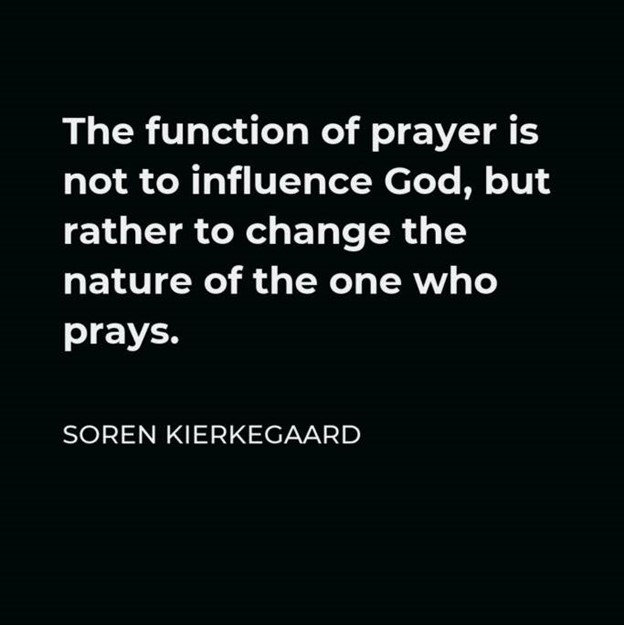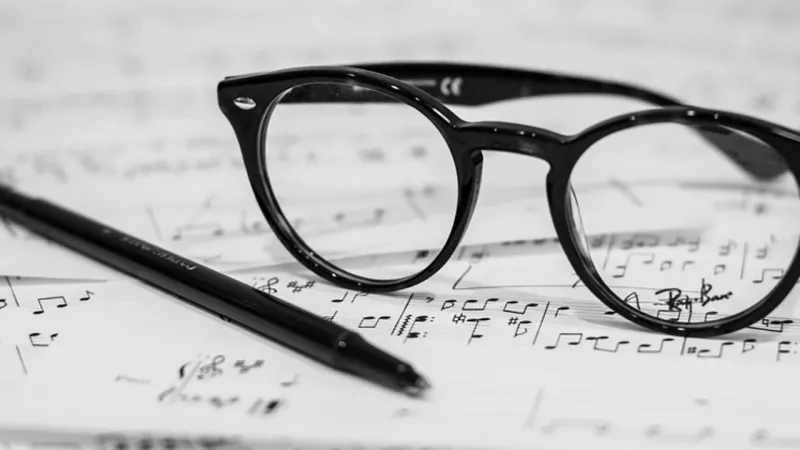Probably the best, most challenging, book I read in 2021 is The Ministry for the Future by Kim Stanley Robinson. It’s not great literature, but it’s an integrated compendium of thinking on how we could save the planet—ecologically, politically, and economically. If that sounds, well, deep—it is. But it’s still fiction and therefore both story and speculation.
Early in the book, Mary, who is chair of The Ministry for the Future (a kind of ongoing fictional offshoot of the actual Paris Accord and COP26) and her most trusted lieutenant are discussing this question:
What would it take to get the entire planet to commit to necessary sacrifices that could, once and for all, turn climate change and civilization around, practices that would save us all? Mutual assured survival, even mutual thriving?
A new religion, her aide says. A newly conceived religion, based on environmental equity, justice and peace, adopted globally.
Mary (and, I am assuming, Robinson’s readership) snorts. A religion. Yeah. Right.
But. What other organized, cross-national movement would support the changes and sacrifice necessary to hold down global temperatures, keep the coastlines from flooding and wildfires from blazing? What kind of collective might be dedicated to the equity and safety of all cultures?
We don’t want to accomplish a sustainable planet by means of war. Or experience horrific loss of life due to unchecked disease or heat, because we cannot agree on how to consume less. We don’t want change to be spurred by questionable but charismatic leaders, or by rigid legal control over human rights, or by terrorism.
We want people to see the need, and make changes voluntarily, to understand the rising tide lifting all boats as metaphor, not terrifying reality.
Maybe this can’t be accomplished without a touch of the supernatural. Or at least the communal.
I know lots of intelligent folks who have decided that religion is unnecessary and too often, corrupt. Not to mention unscientific, and populated by people like Jerry Falwell, Jr. or (God help us) Michael Flynn. When it comes to a higher power, they are either skeptics or content to let the mystery be.
And of course, religions have not traditionally done a such a great job of positive social organization, to say the least. Lofty religious doctrine seldom matches its practical human outcomes. Especially the dominant American religion, in all its multiple flavors.
Religion and its varying doctrinal rules and customs have historically been the cause of, not a balm for, conflict. Kind of makes you wonder why parents aren’t mobbing school board meetings demanding that we excise the Crusades and the Spanish Inquisition from the study of world history, because they might make Catholic kids feel bad.
This argument, however—we need a new religion to generate commitment to developing environmentally critical beliefs—can’t be easily dismissed by a joke. I am tempted to suggest that the answer lies in education, the systemic study of belief systems and their commonalities—and agreeing that there are some immutable truths and public goods: Justice. Equity. Respect for all life.
History tells us that the most successful societies match their customs and beliefs to the environment surrounding them. Why can’t the worlds’ teachers, our scholarly trust, unite to point out that the clock is ticking, and our behaviors now will determine the future of our descendants?
For a time, I was a Unitarian Universalist, because they seemed to be focused on valuing nature and human accomplishment, on doing good, promoting peace and staying open to new ideas. It was a heady experience at first—a church that welcomed everyone, focused on intellectual questions, encouraged its members to craft their own faith. Plus hymns and a coffee hour with vegan treats. What’s not to like?
What I discovered is that problems with churches, from the fundamentalist to the loosey-goosey, were centered on the human beings who attended or led those churches. Religious denominations and holy texts are ignored in the face of the power struggles that happen in all organizations. Education is not immune—even the best-resourced schools, on tree-lined neighborhood streets and replete with the newest curricula, are subject to ‘concerned moms’ and their anti-science, anti-literature campaigns.
The question remains: If we want to sustain life, across the globe, we must work together. How can we do this? If we don’t trust our churches and we don’t trust our public schools, and believe our government is on the wrong track, who will lead us toward a vision of sustainable life on the planet we share?
Beats me. Which is why I keep thinking about a new kind of religion. One without a clearly defined God figure, but anchored by a belief in the power of community and good will.
Churches are closing all over the nation, and have been, for decades. I have been a church musician for most of my life, and worked for churches where people were loving and non-judgmental, as well as deeply conflicted congregations. I have also seen, over and over again, people turn to a church when their lives are falling apart, and find comfort.
Maybe what we need is Kurt Vonnegut’s Church of God the Utterly Indifferent. Its two precepts: Puny man can do nothing at all to help or please God Almighty, and Luck is not the hand of God. If God is not going to help us clean up this beautiful world, maybe we’d better get on it.


.”..new kind of religion…anchored by a belief in the power of community and good will.”
Sounds like democracy could fit that bill. We don’t have that right now.
LikeLike
“I am tempted to suggest that the answer lies in education, the systemic study of belief systems and their commonalities—and agreeing that there are some immutable truths and public goods: Justice. Equity. Respect for all life.”
Yes!
Thank you, Nancy.
LikeLike
This is so great! I love your use of a novel, your personal experiences, and just plain (awesome) common sense/wisdom. And thanks for sharing that Kierkegaard quote! As a product of church and Christian school 7-12, this perspective is much appreciated. Another fabulous essay here Nancy!
LikeLike
Thanks, Jodi.
LikeLike
Imagine the power of STEM in schools if it focused on #ClimateActionNow. Thank you for sharing your ideas.
LikeLike
Exactly.
LikeLike
[…] A new religion, her aide says. A newly conceived religion, based on environmental equity, justice an… […]
LikeLike
[…] ReligionPerhaps you think that religion and public education are two separate things. If so, you are wrong. […]
LikeLike